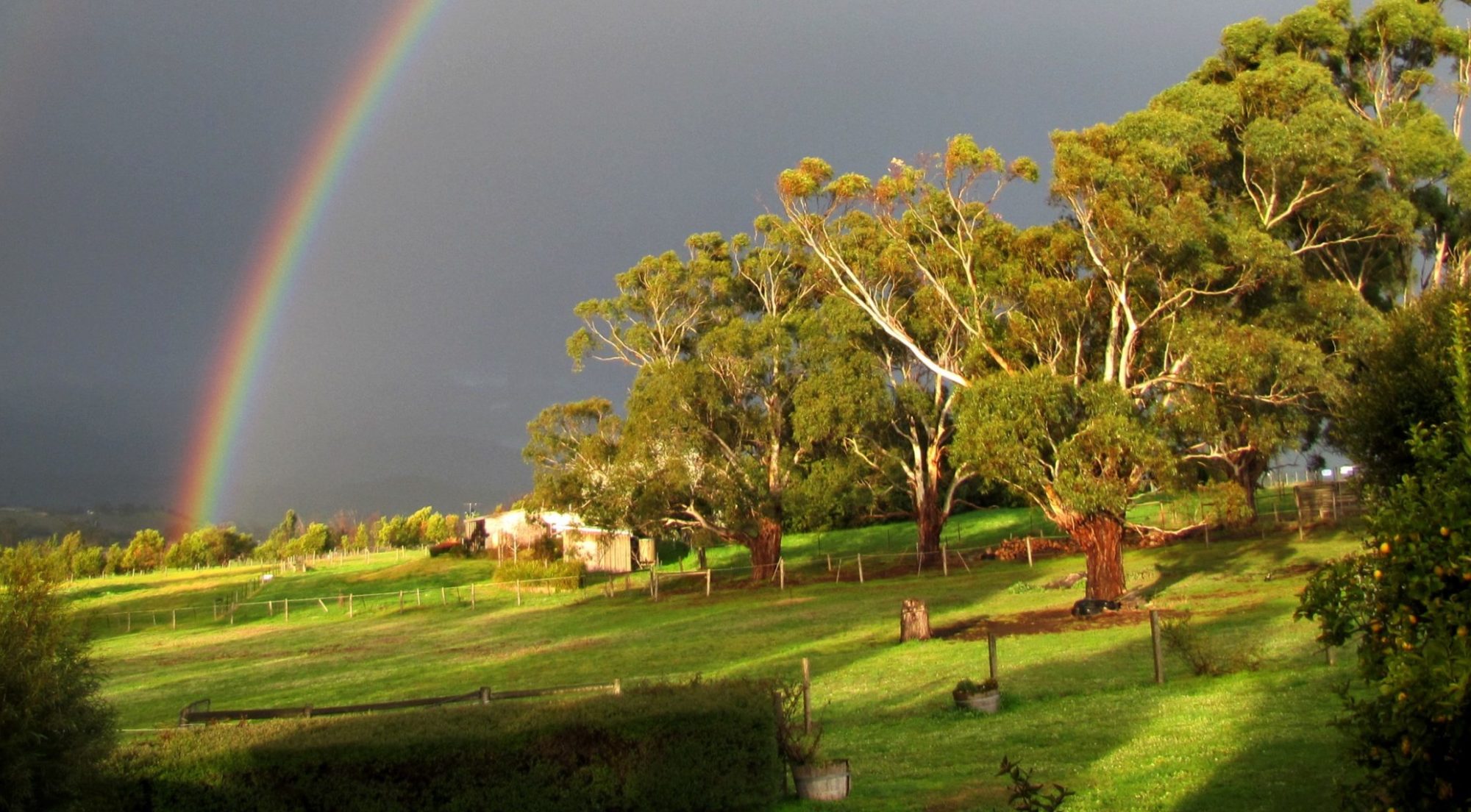He remembered he had said he could only try and accept the cup Jesus had to drink from, if Jesus helped him.
He realised that by offering up as a prayer the hardships in his life, the pain, suffering, mental anguish, grief and loss then this was allowing him to experience some of the pain his Saviour went through for him.
His prayer to the Holy Spirit and his reaching out and holding the hand of Jesus each day was enabling him to more fully understand the human side of Jesus.
But then it started him thinking what happened after the Resurrection when Jesus walked for a day with the two apostles to Emmaus. Jesus was present as a Divine Spirit and his real identity was only revealed towards the end of the day. (‘We recognised Him at the breaking of the bread’).
Similarly, when Jesus just appeared in the room where the disciples were locked away for fear of being found by the authorities. It was as the crucified body of the Jesus they knew. (“Thomas, put your hand in the hole in my side”).
Then it dawned on him. The hand he was holding each day was that of the Divine Spirit of Jesus and in essence, it wasn’t him reaching out to Jesus, it was the other way around. Just as Jesus spoke to Thomas, it was Jesus who was reaching out to him, inviting him to take His hand.
The significance of what that meant hit him. The Spirit of Jesus who was ‘one’ with The Father and the Holy Spirit was inviting him to become ‘one’ with Him (“Father, may they become one with us as you and I are one”).
In taking the hand Jesus offered him, he realised he would become inexplicably linked with the Divine Presence.
He grasped the hand and became ‘one’ with his God.
All he could do was bow his head and repeat what Thomas had said, “My Lord and my God.”
No words can describe the wonder and awe he experienced as he sat in quiet contemplation within the presence of The Divine.
I’m Peter Mack and that’s faith
